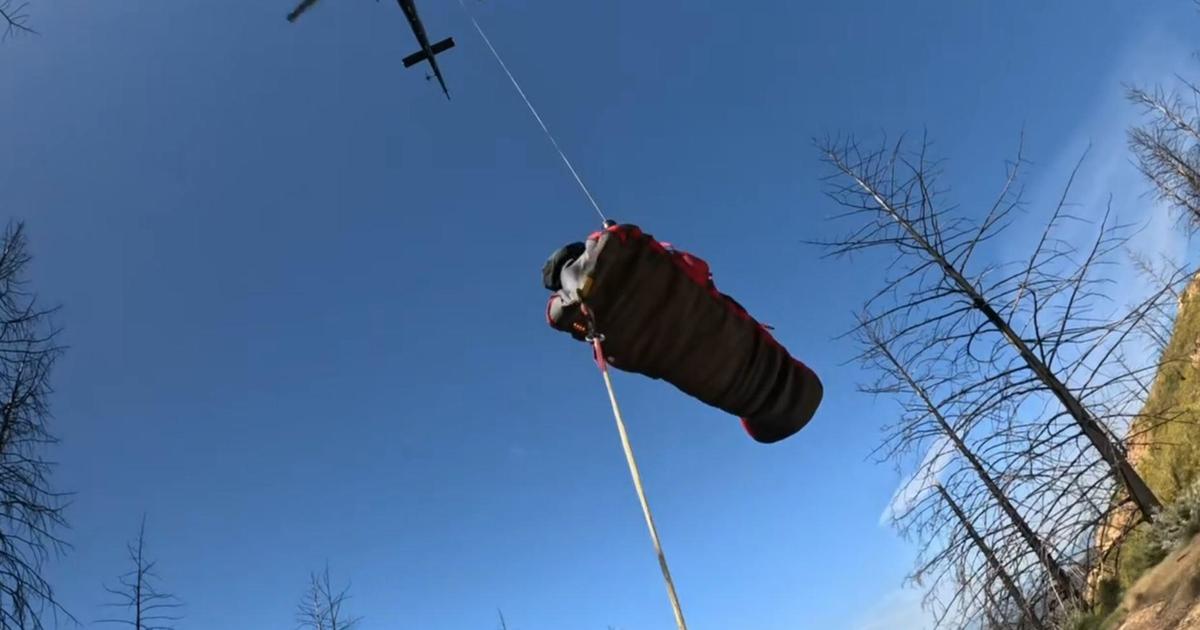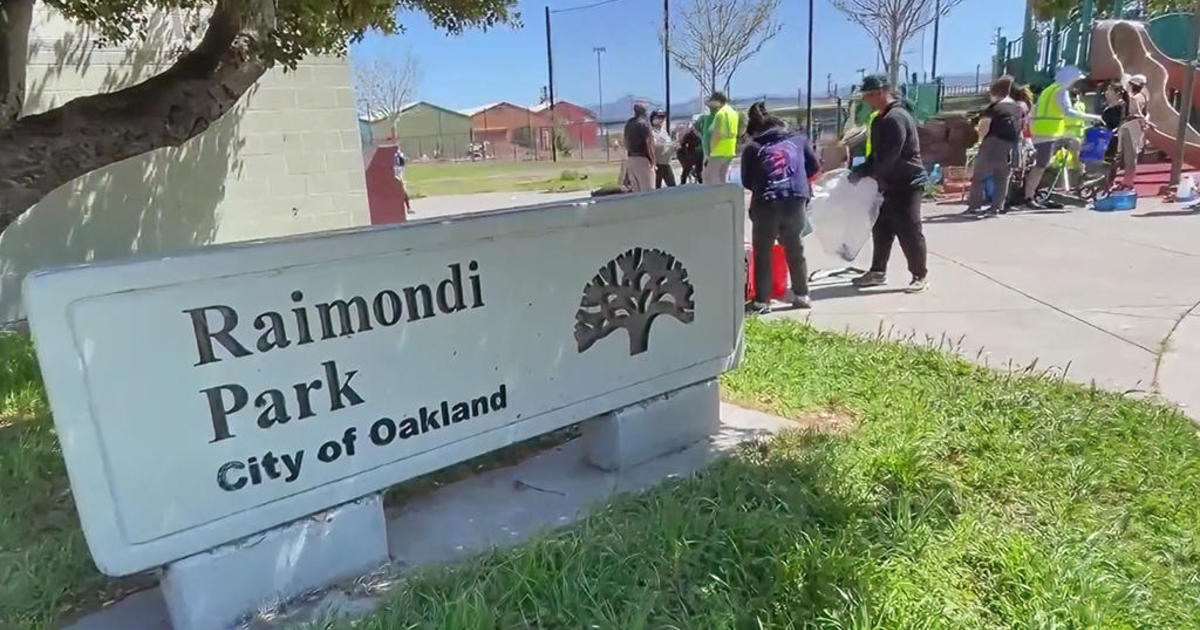How To Watch: Orionid Meteor Shower Peaks Wednesday Night
KPIX 5 Morning Weather Anchor Roberta Gonzales answers the questions you never get to ask on-air.
Q: Hey Roberta! Will you be talking about tonight's meteor shower on this afternoon's newscast? I faithfully watch at Noon! Dana Cruz; Petaluma
A: Thank you so much for watching and for taking the time to write! YES! I will be talking about the showers!
The annual Orionid meteor shower is going to be putting on quite a show Wednesday night and early Thursday morning! Due to our current weather pattern, we will be experiencing clear skies here in the Bay Area during our overnight hours. The meteors, which fall to the Earth after following in the orbit of Halley's Comet, will peak late night tonight, continuing into the early morning hours tomorrow. The 57 percent waxing crescent moon will set before the peak hours of the shower.
If you want to catch a view of the shooting meteors, expect as many as 20 meteors an hour streaking across the dark night sky. In you are reading this anywhere in the Northern Hemisphere, look in an east/southeast direction.
ALSO READ: 25 Mind-Bending Images From Hubble Space Telescope's 25-Year Mission
You'll need to head out to somewhere dark, away from bright city lights, for best viewing. No mountain top or telescope is needed, even though some meteors appear no larger than a grain of sand and resemble a "shooting star."Orionid meteors are visible to the naked eye. My favorite time looking for them is as I rise for work at 2 in the morning!
Do you have a question or observation you would like to share with me? I would love to hear from you! Please email Gonzales@kpix.cbs.com



